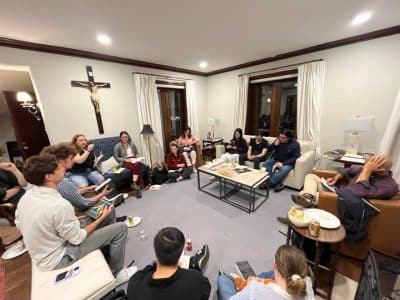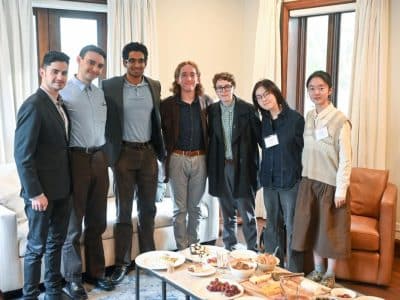News & Media
From 2012 to 2020, Fr. Paul Mankowski, SJ delivered hundreds of lectures and master classes at the Lumen Christi Institute. Seeking to share the depth of his scholarship, this podcast offers many of his lectures (edited for coherence and quality) to the public in digital format for the first time. The first season will feature a course that Fr. Mankowski gave on Joseph Ratzinger’s Jesus of Nazareth and dozens of lectures centered around the books of the Bible (including Genesis, many of the prophets, the Gospel of Matthew, and St. Paul’s Letter to the Romans). Episodes will be released on Mondays, Wednesdays, and Fridays from September through December. To conclude the season, we’ll offer one or two interviews with people who knew Fr. Mankowski well and can offer an entry point to his person and scholarship.




